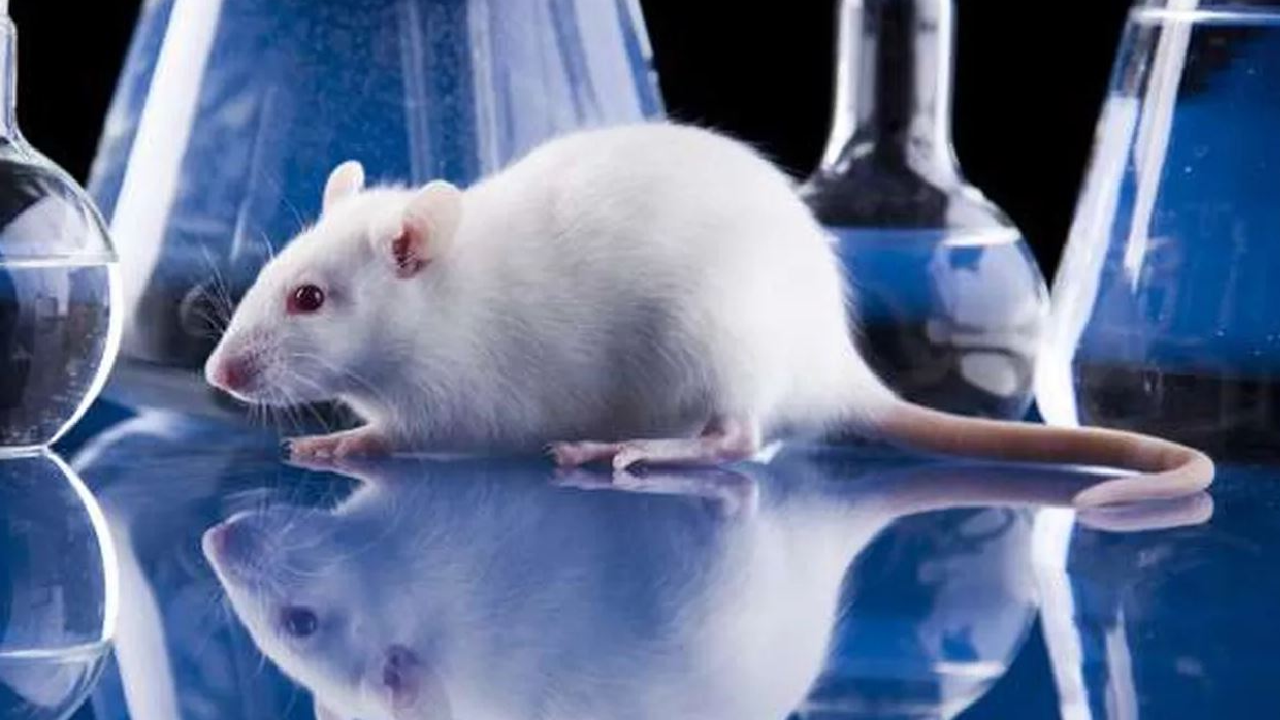COVID-19 variants found in mice
Scientists have encountered COVID-19 infection in some mice living in sewer systems. Researchers warned that although the coronavirus measures around the world have been greatly reduced, the danger could resurface at any time.

Alpha, Delta, and Omicron variants of SARS-CoV-2 have been detected in some mice living in the sewer systems of the US state of New York. The study was published in the journal Bio of the American Society for Microbiology. The article, titled 'scary findings' in the media, raised the question of 'will mice spread COVID-19 this time'.
Henry Wan, director of the Center for Influenza and Emerging Infectious Diseases at the University of Missouri, the study's principal investigator, said, "Our findings highlight the need for greater monitoring of SARS-CoV-2 in mouse populations for potential secondary zoonotic transmission to humans. It shows that it can play a role, and it is important that we continue to increase our knowledge so that we can protect both human and animal health."
Mice are commonly found in urban areas in the United States. For example, it is thought that there are about eight million wild rats in New York City alone. These wild rats have ample opportunities to interact with humans.
WHAT VARIANTS THE MICE HAVE ALSO FOUND
Two previous studies revealed that mice in Asia (Hong Kong) and Europe (Belgium) were exposed to SARS-CoV-2, but in both studies it was unknown which variant of SARS-CoV-2 these mice were exposed to. In the new study, the researchers focused on determining whether and if so, which SARS-CoV-2 variants were infected by the human SARS-CoV-2 virus infecting mouse populations in urban areas of the United States, particularly New York City. The researchers also sought to determine whether variants of SARS-CoV-2 in NYC could cause infection in mice.
Tom DeLiberto, co-author of the study, reported that in the fall of 2021 they sampled rats by catching them in sewer systems and some park areas in the state. The biologists collected and processed samples from 79 mice for virological studies and genomic sequencing. The researchers found that mice were exposed to SARS-CoV-2, with a possible link to viruses in humans in the early stages of the COVID-19 outbreak. A new type of coronavirus was detected in 13 (16.5 percent) of 79 mice.
VARIANTS HAVE ALSO SICKED MICE
In the new study, researchers injected the human Alpha, Delta, and Omicron SARS-CoV-2 variants into wild mice to see if they became sick. They showed that these variants can cause infections of the upper and lower respiratory tract in mice. Susceptibility to infection varied according to variant type.
(American Society for Microbiology)







